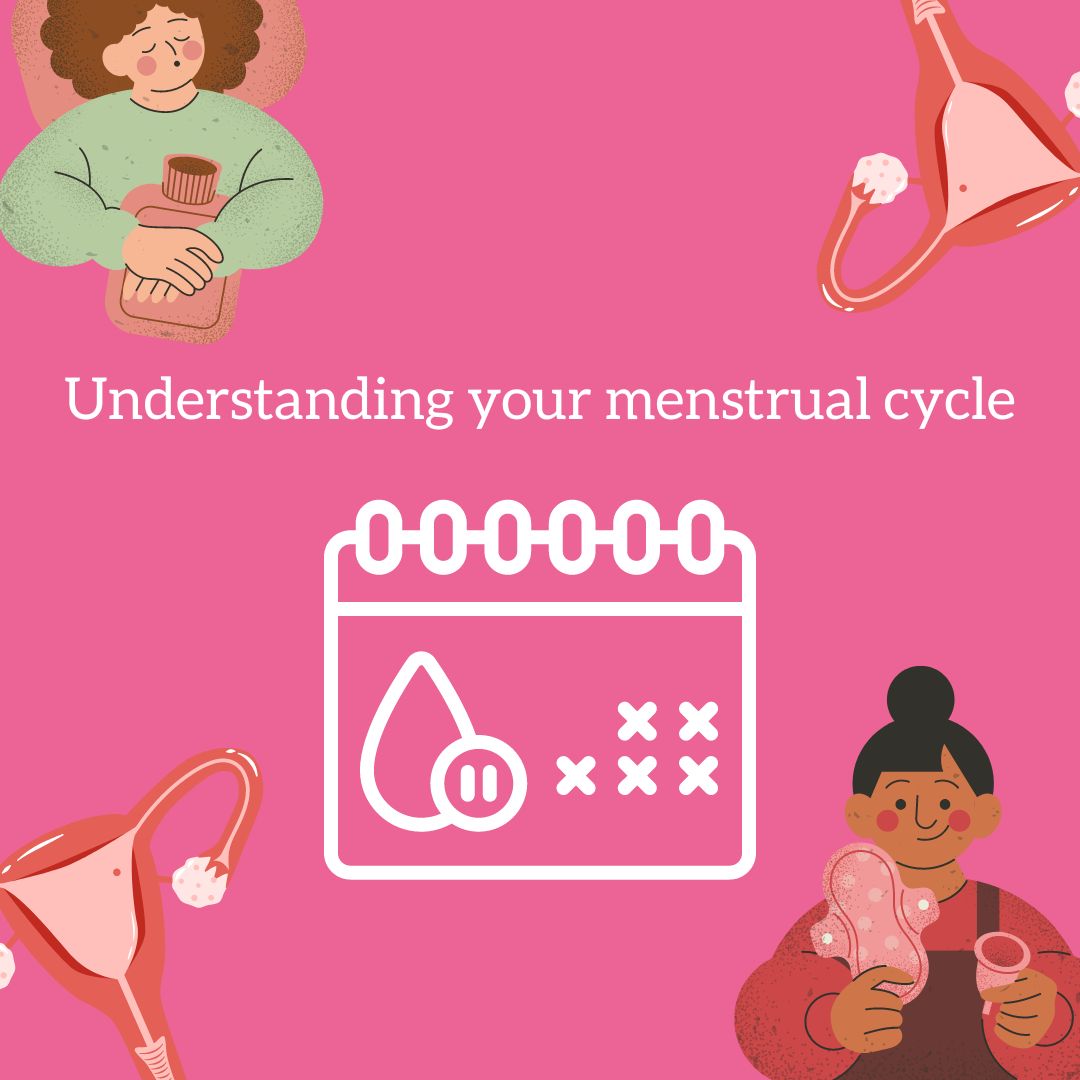Do Menopause symptoms change from day to night?
·
Written by Bethan Thomas

·
Written by Bethan Thomas
Menopause symptoms can change from day to night. Symptoms fluctuate because of hormonal changes, lifestyle, and environment.
Some of the ways symptoms can vary during day and night include:
- Hot flushes and night sweats: Hot flushes can occur at any during the day, but are often more intense at night, leading to night sweats. This can impact your quality of sleep, and heighten fatigue, irritability and brain fog during the daytime hours. Night Owl is a carefully balanced blend of natural ingredients, linked to promoting sleep, easing stress, and restoring calm.
- Sleep disturbances: During menopause women often experience insomnia or disrupted sleep patterns due to night sweats or other hormonal fluctuations. Poor sleep quality at night can then exacerbate symptoms like mood swings and cognitive function/brain fog during the day. Our Head Start tea is a delicately sweet blend of white tea and rose petals to support you through any long day, with a gentle slow-release of caffeine and anti-oxidants. It's carefully blended with all natural and organic ingredients, to give you a lift whenever you need it
- Mood Changes: Hormonal fluctuations can lead to mood swings, anxiety, or depression. These symptoms can vary throughout the day, often being more difficult when tired or stressed. Take a Pause is our Menopause support tea blend. Containing raspberry leaf, ginkgo biloba, ginseng, valerian, sage and liquorice to support hot flushes, brain fog, stress, and uterine wellness.
- Fatigue: Fatigue can worsen as the day progresses, especially if a woman has experienced poor sleep the previous night due to menopausal symptoms.
- Joint and Muscle Pain: These symptoms can be more pronounced in the morning or after periods of inactivity, but they can also worsen by the end of the day due to the aculmilation of fatigue and being active.
These symptoms can significantly impact the daily routine and overall quality of life for women in menopause.
If you are experiencing severe symptoms, book an appointment with your GP or healthcare provider immediately, to talk about treatment and support.




Comments